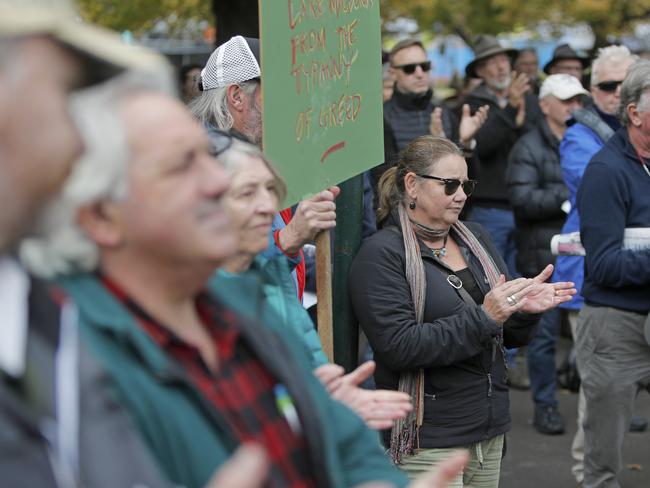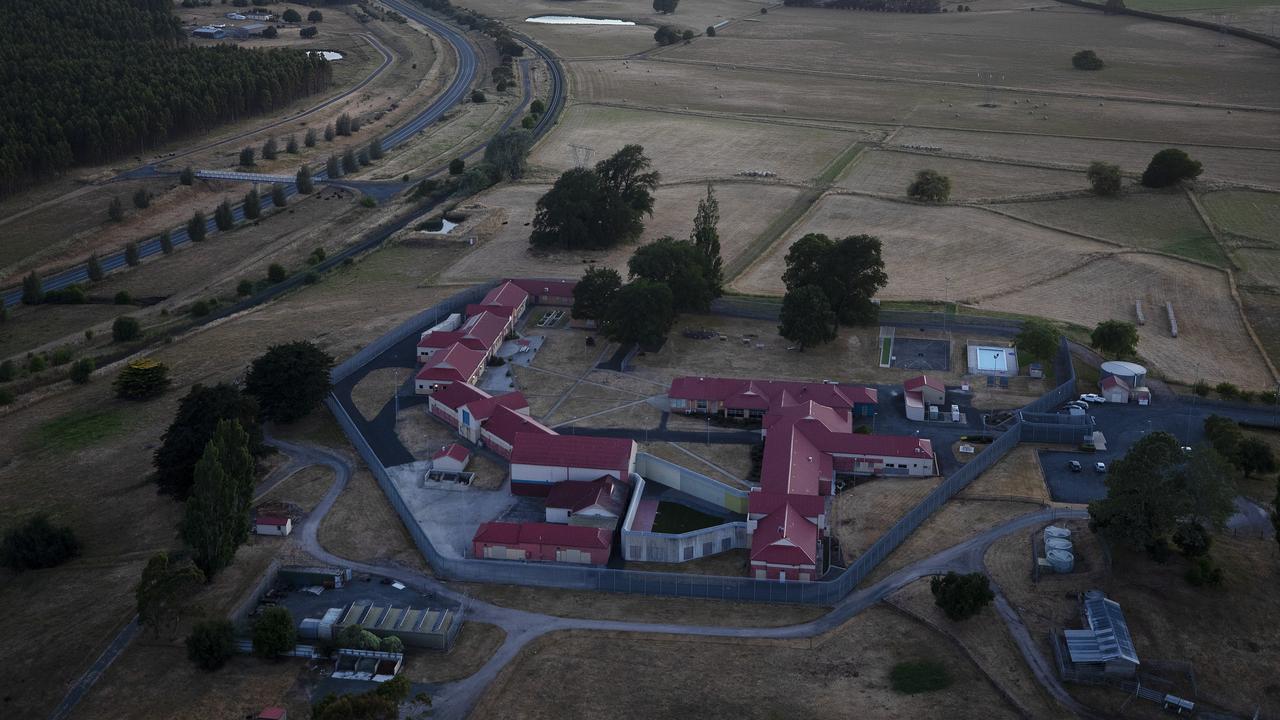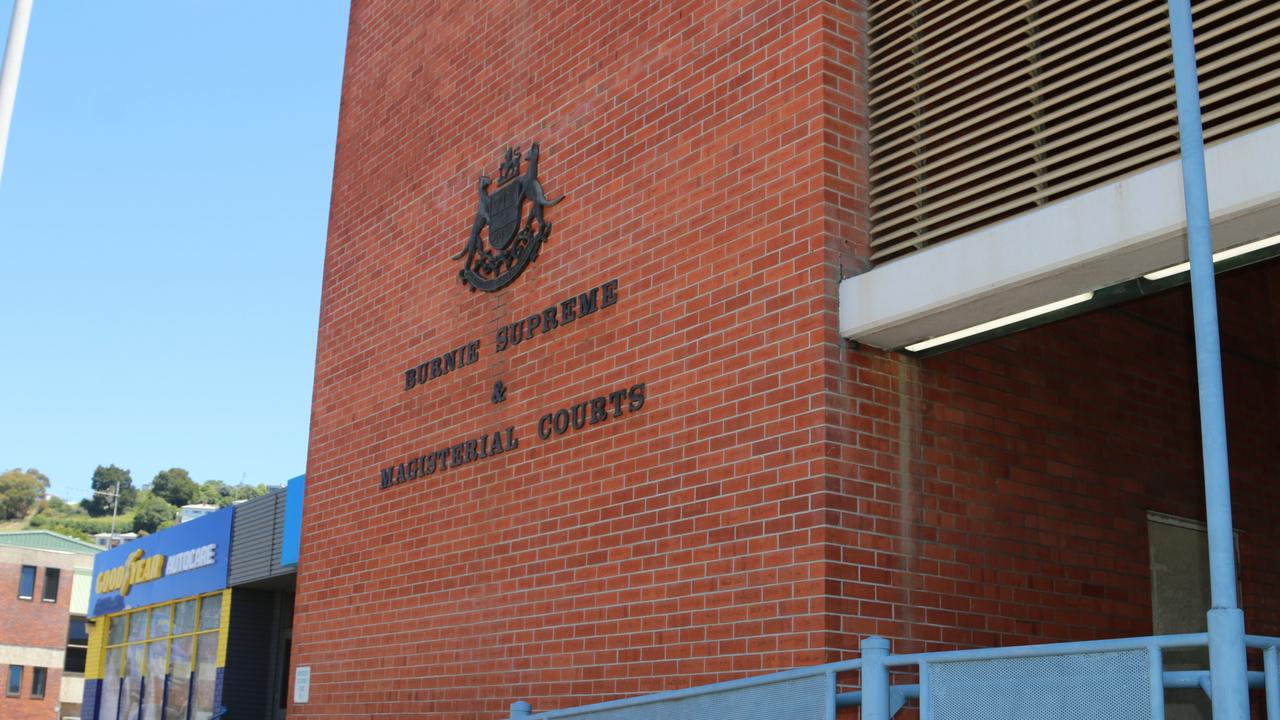Lake Malbena proponent Daniel Hackett among UTAS Fulbright scholarship winners
The proponent of a tourism development in the Tasmanian wilderness will use a prestigious scholarship to study “wilderness soundscapes” in the United States.

Tasmania
Don't miss out on the headlines from Tasmania. Followed categories will be added to My News.
THE proponent of a tourism development in the Tasmanian wilderness will use a prestigious scholarship to study “wilderness soundscapes” in the United States.
Lake Malbena proponent Daniel Hackett is one of three University of Tasmania Fulbright Scholars for 2023.
Mr Hackett, Analytical Chemist Professor Michael Breadmore and technology law expert Ella Hilder will use the scholarship to further their research at US universities.
Since 2015, Mr Hackett has been pursuing a helicopter-serviced standing camp on Halls Island in the Walls of Jerusalem National Park.
But progress has been hampered by opposition and legal action by conservation groups.
As an environmental studies PhD student in the UTAS School of Geography Planning and Spatial Sciences, Mr Hackett will travel to Pennsylvania State University to be part of a multinational team researching wilderness soundscapes and perceptions of remoteness.
“In the US, I will conduct on-the-ground research in some amazing areas, including the glaciers and mountains of Denali National Park, Alaska,” Mr Hackett said.
“The sounds and feelings associated with being in remote and wild places are an important and protected element of land managed as wilderness, from Tasmania’s World Heritage Area right through to the hundreds of millions of acres managed as wilderness in the USA.
“Despite its importance, there is very little scientific data published on this topic, so our research in the US will be used to further inform management of the wilderness network there, but will also be equally valuable here at home in Tasmania.”
Professor Breadmore will travel to Stanford University to further advance a new analytical material, developed by his team at the University of Tasmania.
He will use his fellowship to understand how molecules move through this material, in order to use it in applications including portable environmental monitoring and personalised medicine.
Ms Hilder plans to undertake a Master’s degree in Technology Law and Policy.
“My hope is that by gaining technology law expertise that is currently only available in the United States, I will be able to translate that knowledge into the Australian policy context in order to make our policy responses more dynamic and adaptive,” she said.


